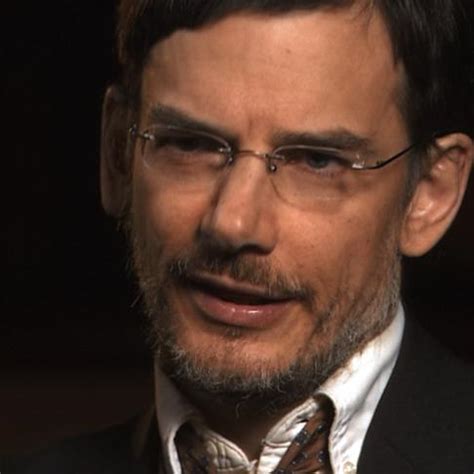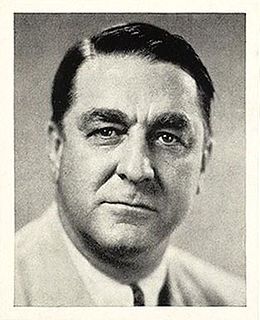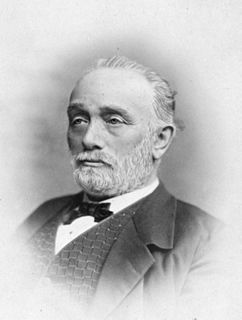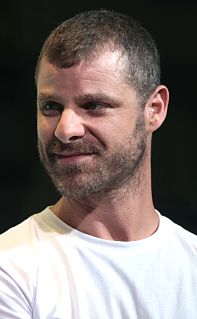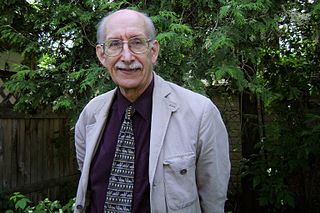A Quote by Greg Grandin
The question of causality is complex. For some philosophers and physicists, time might not exist. And since cause-and-effect reasoning needs the concept of time - of one thing preceding another - the effort to establish causality is a mug's game, an infinite regression of increasingly unanswerable questions.
Related Quotes
Things worthwhile generally don’t just happen. Luck is a fact, but should not be a factor. Good luck is what is left over after intelligence and effort have combined at their best. Negligence or indifference are usually reviewed from an unlucky seat. The law of cause and effect and causality both work the same with inexorable exactitudes. Luck is the residue of design.
Hitherto the principle of causality was universally accepted as an indispensable postulate of scientific research, but now we are told by some physicists that it must be thrown overboard. The fact that such an extraordinary opinion should be expressed in responsible scientific quarters is widely taken to be significant of the all-round unreliability of human knowledge. This indeed is a very serious situation.


